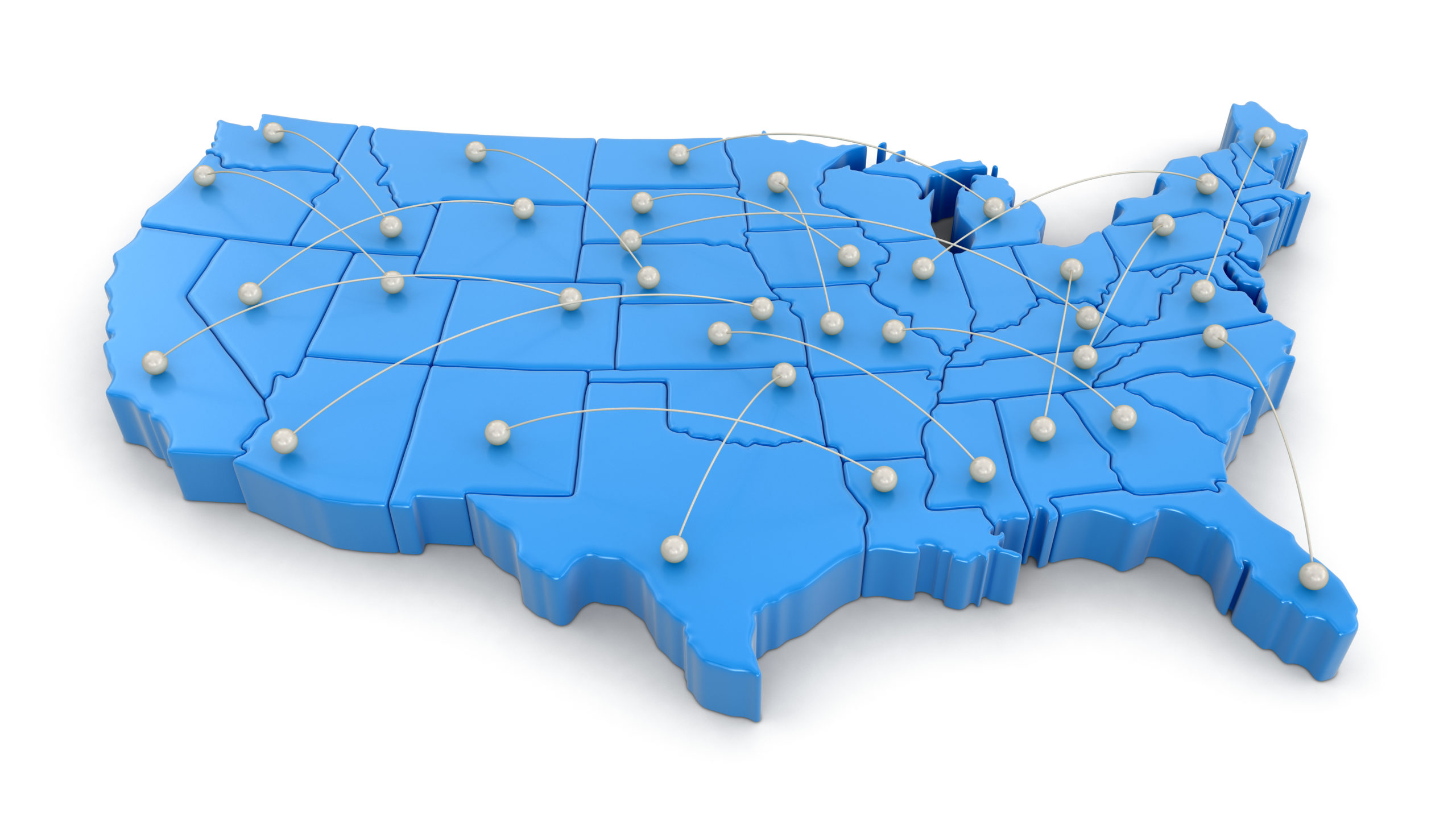
Expanding your donor pool is a great way to develop new funding sources for your nonprofit. Before you decide to widen your reach, you will want to make sure you are compliant with every state’s fundraising regulations where you plan on fundraising. Often this will mean filing a charitable solicitation registration (CSR).
Registering a CSR form and the subsequent annual filing(s) involves filing fees, additional administrative work on your nonprofit’s end, and potentially professional fees to assist in the preparation of the forms. It is important to note that the state filings are required in addition to your nonprofit’s Federal 990, 990-EZ, or 990-N.
What is a Charitable Solicitation Registration?
A charitable solicitation registration is an additional filing your nonprofit may need to file with the state Attorney General’s office (or similar office, depending on the state) before engaging in any fundraising in most states. This registration is in addition to your IRS tax-exemption filings. Fundraising may include using your nonprofit’s website, twitter, texting, phone calls, email, mail, personal asks, events, and any other form of asking for a donation.
CSRs are intended to act as another layer of protection for consumers against fraudulent fundraising. If you fail to properly register your nonprofit in a state where you are fundraising, you could incur fines and other serious penalties.
What States Require a Charitable Solicitation Registration?
CSR requirements and fundraising regulations vary by state. Here’s a list of the state government offices that handle nonprofit registration. Depending on the regulations of a given state, your nonprofit may be limited on exactly how you can raise funds, so it’s important to connect with the appropriate office and get the most recent regulations ahead of any fundraising solicitations you are planning. Here are some of the requirements for Ohio and surrounding states. The following is not all-inclusive, and a licensed CPA should assist you individually based on your fundraising plans.
Ohio: Nonprofits operating in Ohio are required to file a one-time registration and then submit annual reports with the Ohio Attorney General’s Office.
Indiana: The Indiana Attorney General’s Office does not register charities or keep records on the amount of money a charity spends on fundraising and administrative expenses.
Kentucky: Nonprofits operating in Kentucky must submit their most recent Form 990, IRS Determination Letter, and a copy of their by-laws and Articles of Incorporation, unless they are exempted from doing so. The nonprofit’s Form 990 must be submitted every year. If the nonprofit does not have a Form 990, the nonprofit must submit a Notice of Intent to Solicit.
Pennsylvania: Pennsylvania requires organizations soliciting charitable contributions to register with the Bureau of Corporations and Charitable Organizations. Renewal dates for registration are based on the organization’s fiscal year.
West Virginia: Nonprofits are required to register with the West Virginia Secretary of State – Charitable Organization Division and include a number of forms, including the by-laws and articles of incorporation. Renewal is also required.
Michigan: The Michigan Department of the Attorney General requires an organization to register if it solicits or receives contributions in Michigan. It also requires licensing and bonding for professional fundraisers before soliciting, planning, or carrying out a solicitation campaign in Michigan for a charitable organization. Renewal is required.
When Do I Need to File a Charitable Solicitation Registration?
CSRs are generally required to be filed in advance of solicitation. Annual fillings are generally due thereafter with the same deadlines as your IRS Form 990, 990-EZ, or 990-N.
Donor Thank You Notes
After your fundraising event or campaign, its important to thank your donors. This acknowledgement is an extremely important piece of the donor/nonprofit relationship, as it both acknowledges the donor’s gift as well as provides a written record for their records. Read more about donor thank you card requirements here.
Corrigan Krause Can Help
The Corrigan Krause Nonprofit team can help you stay compliant, no matter what state your donations are coming from. You can connect with any of the Nonprofit team members here or email info@corrigankrause.com.
